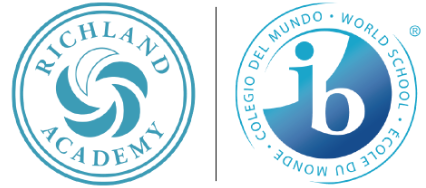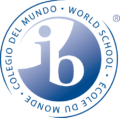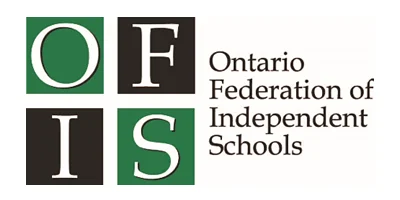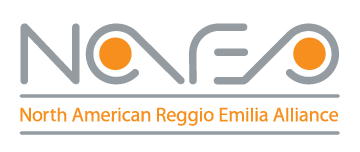The mention of the name Vygotsky takes me right back to university, where his name as an influential psychologist and educational theorist was first introduced. Inquiring Minds would like to share some of his more noteworthy insights on education, primarily because of their relevance to 21st Century Learning. Ironic, when you consider Mr. Vygotsky was born in 1896 and died from tuberculosis at the young age of 37, in 1934.
1. We would like to credit Pat Johnson, co-author of Catching Readers Before they Fall, for the following observations on the relevance of Vygotsky’s work. In her post on catchingreaders.com, Ms Johnson cites an article from the January 2013 issue of ‘Language Arts’ magazine. It’s called “What Does Vygotsky Provide for the 21st Century Language Arts Teacher?” by Peter Smagorinsky: He explains how speech should be used as a tool. In other words, students shouldn’t be expected to speak in final draft form, but should be given opportunities for talking that allow them to figure out and work through what they are trying to say. Kids need to use speech to explore their ideas and opinions. The author says, “Teachers overlook the potential of classrooms to encourage the development of thinking through the relatively unfettered opportunity to use speech as a tool for generating new ideas through the process of speaking.”
2. The author then addresses the issue of emotion and cognition. In Vygotsky’s view, emotions and learning are very interconnected. “How we think and how we feel cannot be separated.” Smagorinsky asks us to think about a student who is constantly corrected for his use of English. This student may then associate speaking in class with feelings of embarrassment or shame, which in turn would shut down his future participation in class discussions. The author suggests “that teachers structure classrooms to promote empathy.” Of course, this whole section had me thinking of all the great teachers I know who spend time building classroom communities.
3. There are several more sections to the article all of which are guaranteed to get you reflecting on classroom practice. He talks about making curriculum meaningful for students; about how learning and thinking are social in origin and what that means for our classrooms; and about attending to matters of inclusion so that people of difference feel welcome in our schools. If you work in schools with diverse populations, you will find the article particularly rewarding. One last quote, “The culture of school serves some students better than others because some have far fewer adaptations to make in order to fit. One solution is for teachers to create more hybrid classroom learning spaces that allow for broader legitimate participation in classroom activities.”
If you would like to delve more deeply into the world of Lev Vygotsky, here are some links:
http://www.keytolearning.com/vv.html
http://www.simplypsychology.org/vygotsky.html#sthash.4j4BAlFV.dpbs
http://www.learning-theories.com/vygotskys-social-learning-theory.html









